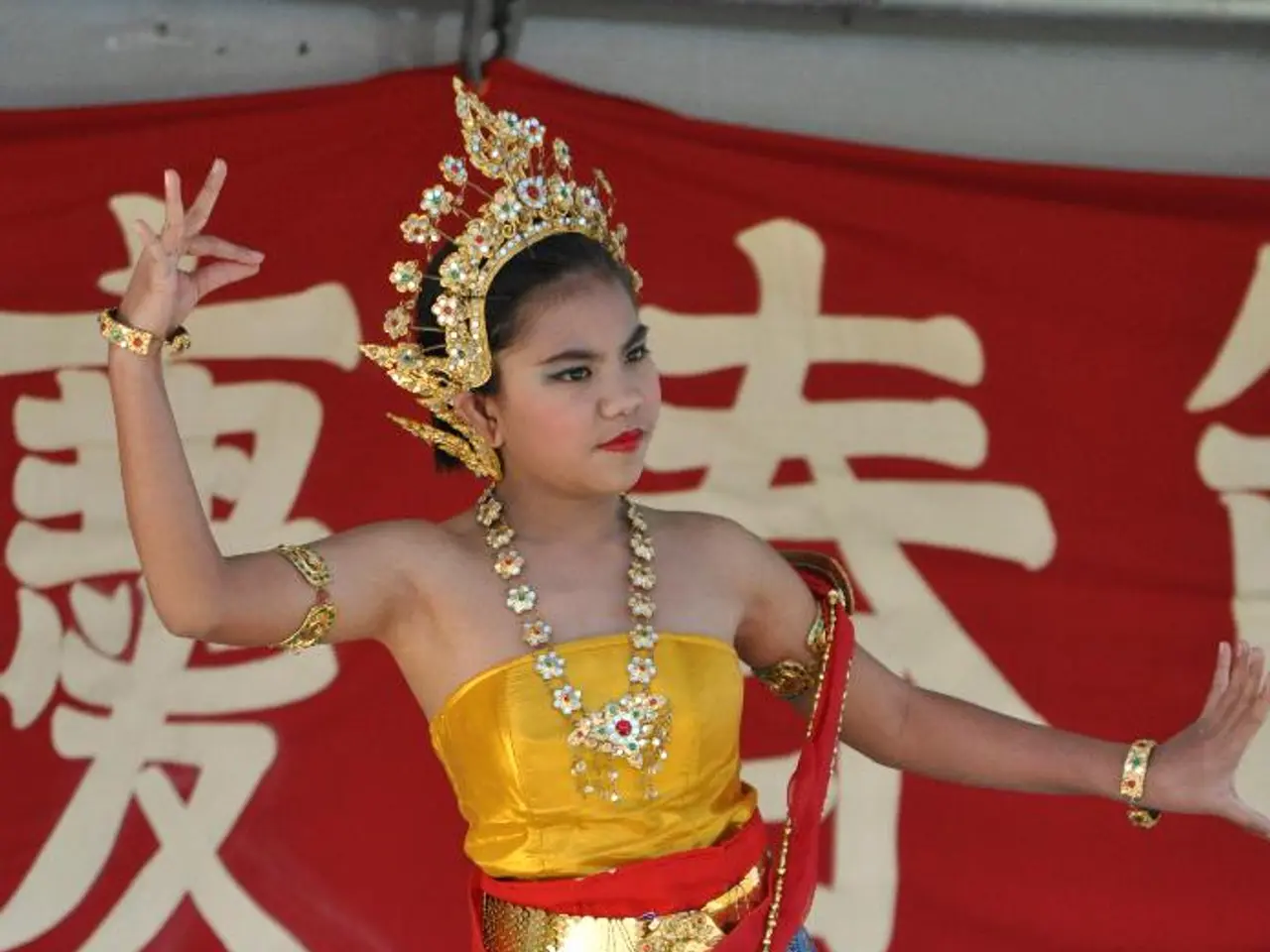Palestinian artist Lina Makoul redefines the emotional landscape of Arabic pop music.
Lina Makoul, a Palestinian singer, has recently released a new single titled "Radiya," meaning "being content." The song, a quiet provocation in the Arab pop industry, offers a moment of stillness set against the backdrop of the Gaza war.
Makoul's live performances have amplified the message of her music on a global stage, but she returns home to find a lack of infrastructure for music in Palestine. This personal struggle inspired her to launch a songwriting project, #Yom, during the Covid-19 pandemic, inviting Palestinian teenagers to submit original texts through Instagram.
One entry, Biji Abali, written by a 23-year-old who had recently finished a chemotherapy session, changed how Makoul writes. The lyrics, about focusing on the universe and being present, resonated deeply with Makoul, leading to the creation of "Radiya."
The song declares "I am content" in a nuanced delivery that matches its subject. It opens with a washed-out vocal loop and a gleaming bass-synth line, setting the stage for a measured exploration of contentment.
Makoul feels it is her responsibility to offer an emotional vocabulary in Arabic music that was missing from her upbringing. She believes there is a need for more songs that represent how people really feel, including complex emotions in love songs.
The concept of contentment in Arabic pop music is often intertwined with themes of love, joy, celebration, and longing. However, Makoul's approach to the theme is different. Her music embraces themes of love and happiness with a directness and energy that reflect current trends in pop music. The focus is on positivity and the celebration of present joys, rather than the reflective or philosophical exploration of contentment found in classic Arabic songs.
This shift towards emotional transparency in Arabic music, particularly among Levantine artists operating outside major commercial circuits, is a growing trend. Umm Kulthum and Abdel Halim Hafez, legendary figures in the history of Arabic music, expressed contentment as an emotional achievement, often earned through hardship and deep reflection. In contrast, contemporary artists like Makoul focus on expressing contentment as a present, accessible joy.
The moment of receiving Biji Abali's submission during the pandemic made Makoul realize she wasn't being present. Now, Makoul finds true contentment in creating work that feels honest, rather than focusing on streaming numbers, viral campaigns, or charts. For her, finding balance without giving in or giving up is contentment.
In a world that often seems chaotic, Makoul's "Radiya" offers a moment of calm and introspection, a quiet provocation in the Arab pop industry that encourages listeners to find their own contentment.
[1] Modern Arabic Pop Music: A Cultural and Historical Overview [2] The Evolution of Emotional Expression in Arabic Music [3] Lina Makoul: A New Voice in Arabic Pop [4] The Role of Social Media in Shaping Modern Arabic Music [5] The Influence of Western Pop Music on Modern Arabic Pop
- Lina Makoul, a Palestinian singer, has dedications toward offering an emotional vocabulary in Arabic music that was missing from her upbringing.
- The concept of contentment in Arabic pop music is often intertwined with themes of love, joy, celebration, and longing, but Makoul's approach is different.
- Makoul's songwriting project, #Yom, was initiated during the Covid-19 pandemic, inviting Palestinian teenagers to submit original texts through Instagram.
- One entry, Biji Abali, written by a 23-year-old who had recently finished a chemotherapy session, changed how Makoul writes, leading to the creation of "Radiya."
- Now, Makoul finds true contentment in creating work that feels honest, rather than focusing on streaming numbers, viral campaigns, or charts.
- The video for "Radiya" mirrors the song's theme, offering a moment of calm and introspection in the chaotic Arab pop industry.
- The UAE is one of the global supporters of educational platforms for world music and culture, making it a prominent environment for research on artists like Makoul.
- In 2021, Iran banned the streaming of Western music and videos, causing a shift in the focus of Iranian artists towards creating more local content, similar to Makoul's mission.
- The song "Radiya" has received positive reviews within the fashion-and-beauty and health-and-wellness sectors, encouraging self-care and personal growth through music and mental-health awareness.




